AUGUSTA — After playing their first game of the season Friday evening at the Augusta Civic Center, Deja Doughty and the Vinalhaven girls basketball team had beds to sleep in — for the Vikings, a luxury that isn’t always there.
While gymnasiums are athletic venues for some, Doughty is also no stranger to using them for shelter on cold winter nights after games. As Vinalhaven’s current coach and a player from 2014-18, She’s frequently found herself hitting the hay on the very floor she played or coached on mere hours earlier.
“We sleep on gym floors all the time, actually,” Doughty said. “If we can get a hotel, great, but if not, we’ll just sleep on the floor after the game. The kids will bring air mattresses or sleeping bags, and that’s where we’ll stay the night. Sometimes, that will affect how they play, but it is what it is.”
It’s something that’s just a way of life for teams in Class D South, a region that brings together small schools stretching from the mountains to the islands. The distances and terrains between the schools make for some distinct logistical challenges, though none that can stop Maine’s winter pastime at some of its smallest schools.
More so than any other region, Class D South brings together a vast cross-section of schools from across the state. Teams in the region include Forest Hills of Jackman, Valley of Bingham and Rangeley in the north of the state. Then there’s Wiscasset on the coast and Vinalhaven, Islesboro and North Haven miles off of it.
That can make transportation a hassle, especially given the difference in climates. There could be a 15-degree weather difference between Jackman and Wiscasset, for instance, leaving a lot of space for teams to run into shoddy road conditions as rain in the south turns to snow in the north.
“I think one of the biggest issues we face as smaller schools is transportation, and that kind of goes hand in hand with the weather,” said Valley Athletic Director Britani Cabassa. “When the weather makes you reschedule, you’ve got to work really closely with the other ADs because those are long trips to plan.”

The Temple Academy and Wiscasset boys basketball teams compete before a small crowd during a Dec. 9 game at the Augusta Civic Center. Joe Phelan/Kennebec Journal
Even on dry roads, a bus can only get you so far when it comes to traveling to Vinalhaven, Islesboro and North Haven, accessible only via ferry. Although the 3-mile trip from Islesboro to Lincolnville takes roughly 20 minutes, the 12-mile excursions from Vinalhaven and North Haven to Rockland take well over an hour.
Those ferries, of course, don’t run all day; the last rides to and from Vinalhaven are at 3:15 p.m., and the last boats to and from Islesboro are at 5 and 4:30, respectively. It’s something athletic directors, coaches and players at those schools have to account for when island and mainland teams face off.
“We’ll try to get there by 5 because that’s the last ferry, but if not, we’ll take a water taxi back,” said Islesboro boys head coach Josh Conover. “We’re just all sort of used to it; we just know that our life is going to revolve around the ferry. It’s different because it takes you a whole day to plan a game instead of half a day.”
For particularly long journeys, teams often stay overnight, whether that’s in the gymnasium or in a nearby hotel (if available). Some teams occasionally stay with host families overnight, as Vinalhaven and Forest Hills used to do when the Vikings traveled to Jackman or the Tigers made the trip to the coast.
“When we went up there, we would play them and then stay with players on their team,” Doughty said. “It was pretty cool, and I made some friends that way. It’s more convenient staying in a hotel, but I definitely enjoyed that because it was a different experience and was great to make those relationships.”

Forest Hills boys basketball players listen as coach Anthony Amero provides feedback during a Dec. 9 game against Vinalhaven at Kennebec Valley Community College in Fairfield. Anna Chadwick/Morning Sentinel
That trend, though, has somewhat gone away in recent years. Yes, hotels are becoming a more popular choice, but some schools have also cut down on the longer trips by playing neutral-site games, such as the ones held Friday and Saturday at the Augusta Civic Center and Kennebec Valley Community College.
Forest Hills and Vinalhaven, for instance, saved the hassle of trips to and from the two campuses by playing one another Friday evening in Augusta and again Saturday morning in Fairfield. The increasing frequency of such games, Forest Hills boys head coach Anthony Amero said, has been a huge benefit to his players.
“As time kind of went on, things got modernized, and it just got to a point where we realized it was a drain on the kids,” Amero said. “A few years ago, we started looking at neutral sites and tried a couple of those, and we noticed a significant increase in the kids’ energy, especially in the back end of the season.”
Some parents from the schools furthest from the Civic Center and other locations have made annual family outings out of the trips. Many from the Jackman area, Amero said, take the opportunity to travel to Augusta as an opportunity to do their Christmas shopping with the countless stores in the area.
One of Amero’s players, senior guard Braidan Welch, is a particularly big fan of the neutral-site games. Sure, it’s convenient to play some games at home, but Forest Hills’ tiny gymnasium, he admits, is nothing compared to the prestige and arena quality that come with games at the Civic Center.
“I love playing there,” Welch said. “It’s really nice to be able to play on that floor. Our gym sucks; you have people walking all over it in boots when there’s snow on the ground outside. I’ll be playing in fresh basketball sneakers, and it still slows me down, so I love the super nice floors like that.”
Wherever and whenever the games are played, scheduling them as girls-boys doubleheaders is a must. Whereas larger conferences can schedule games on alternating nights or campuses, smaller schools with tighter budgets and longer distances to cover simply can’t.

Forest Hills’ Emma Vining shoots the ball during a Dec. 9 game against Vinalhaven at Kennebec Valley Community College in Fairfield. Anna Chadwick/Morning Sentinel
“It’s absolutely out of necessity,” Cabassa said. “For us smaller schools, it’s pretty critical that we play in the same place on the same days just transportation-wise and staff-wise. They can travel the same day and take the same bus without us having to worry about two separate trips.”
Life on the road, after all, isn’t easy for coaches or players. Carrington Miller remembers that from his time as a player at Valley from 2009-13 and still feels it now as an assistant coach for the Temple Academy boys team. He’s also in charge of scheduling those games and trips as Temple’s athletic director.
Miller, though, sees the beauty in it; not many teams, he said, get to experience traveling to all the locations they do to play basketball games. He took solace in that during his time at Valley, and now that he’s on the other side of the game, he’s noticing that his players at Temple are doing the same.
“The kids are just resilient — they run with it and have fun — and the parents are supportive and realize that it’s what we have to do as a small school,” Miller said. “It’s a great experience for the kids to see all those different places and to travel the state, and there’s a lot of good opportunities there.”
Copy the Story LinkSend questions/comments to the editors.


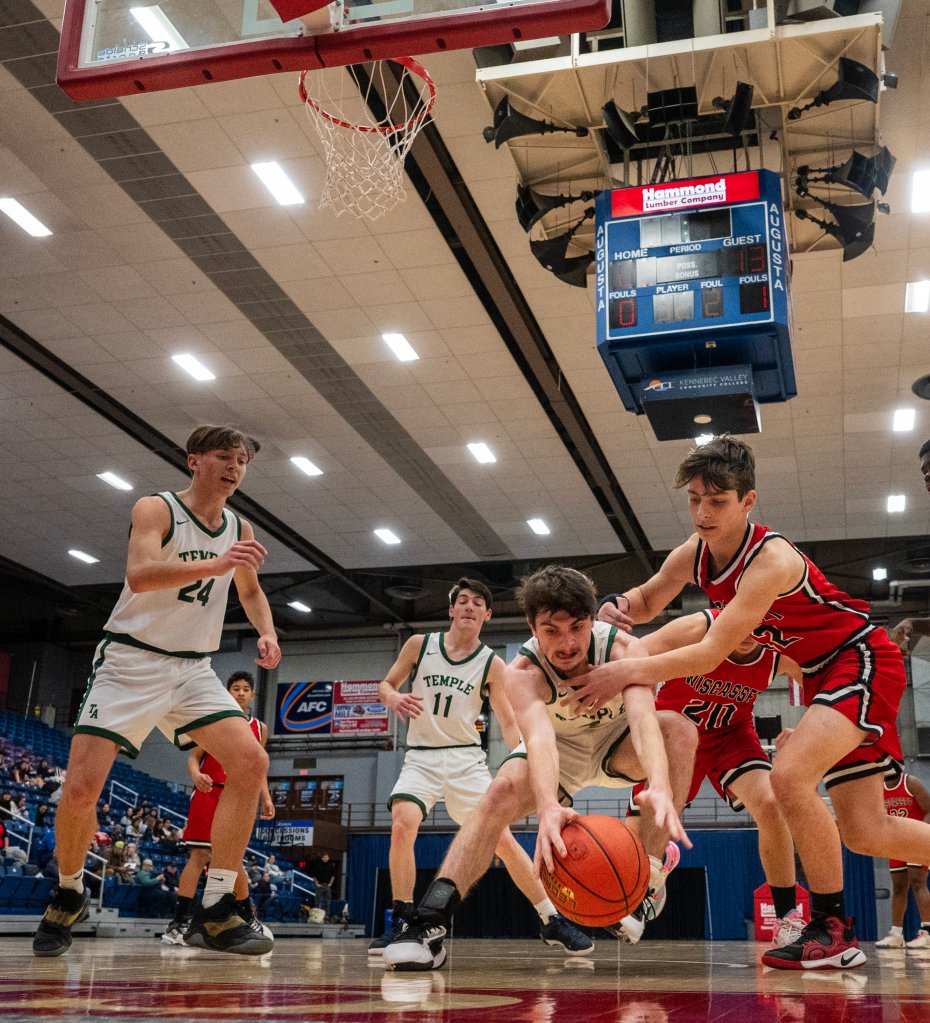
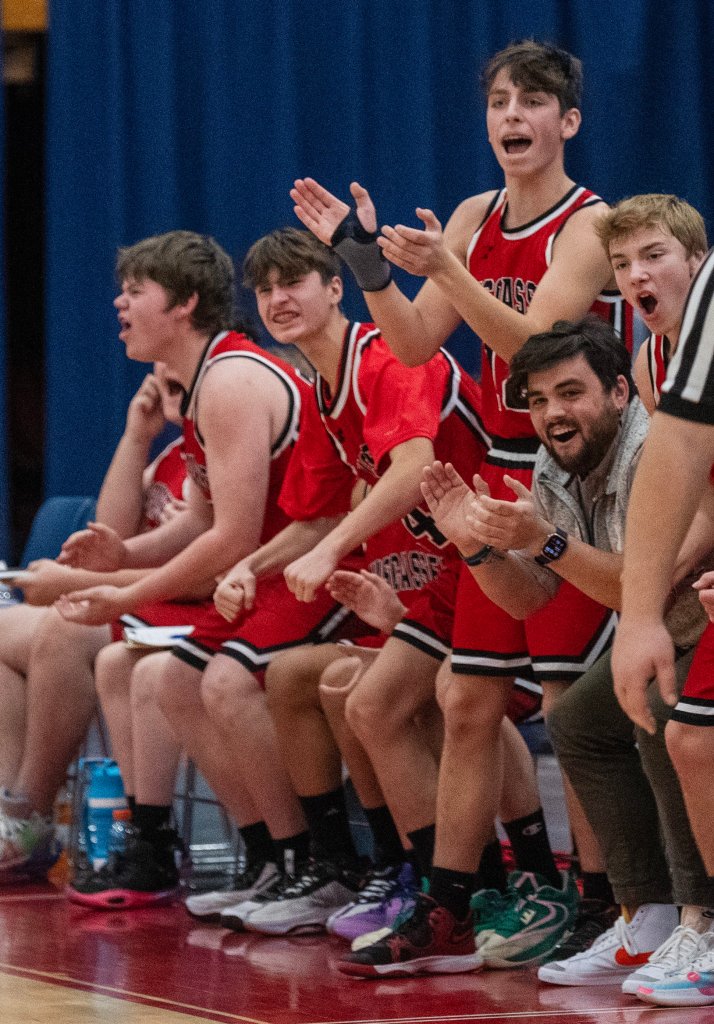
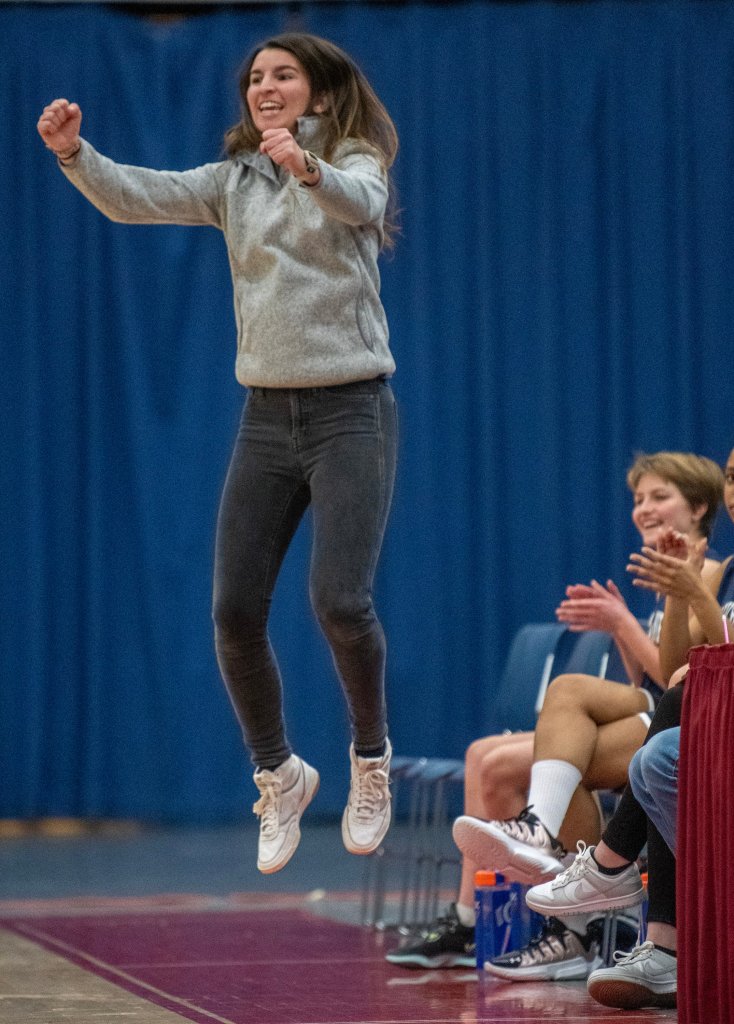
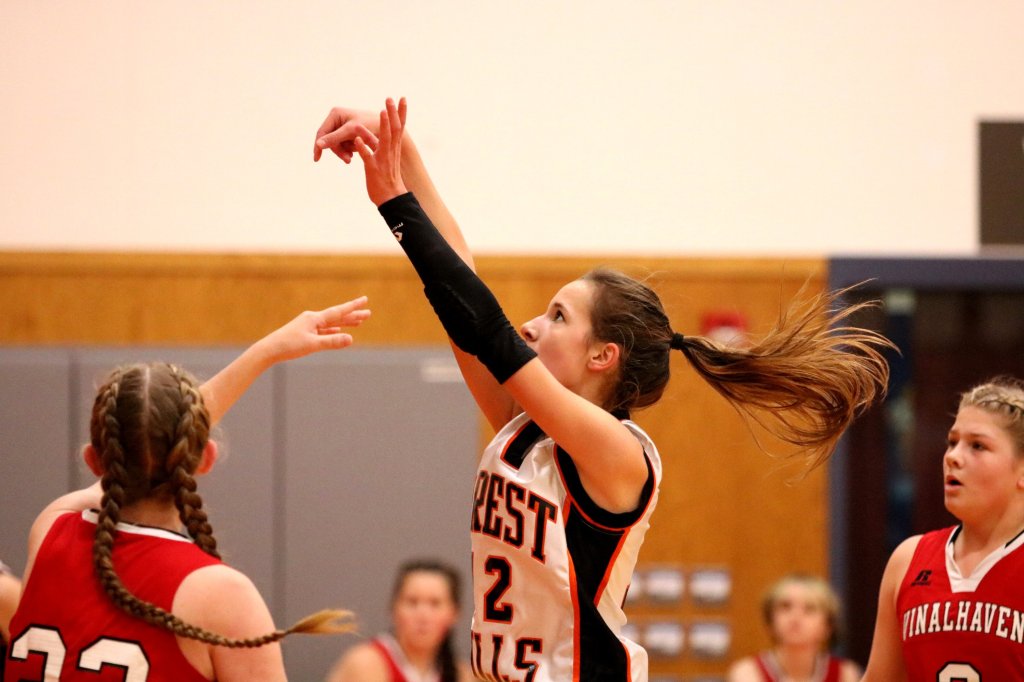
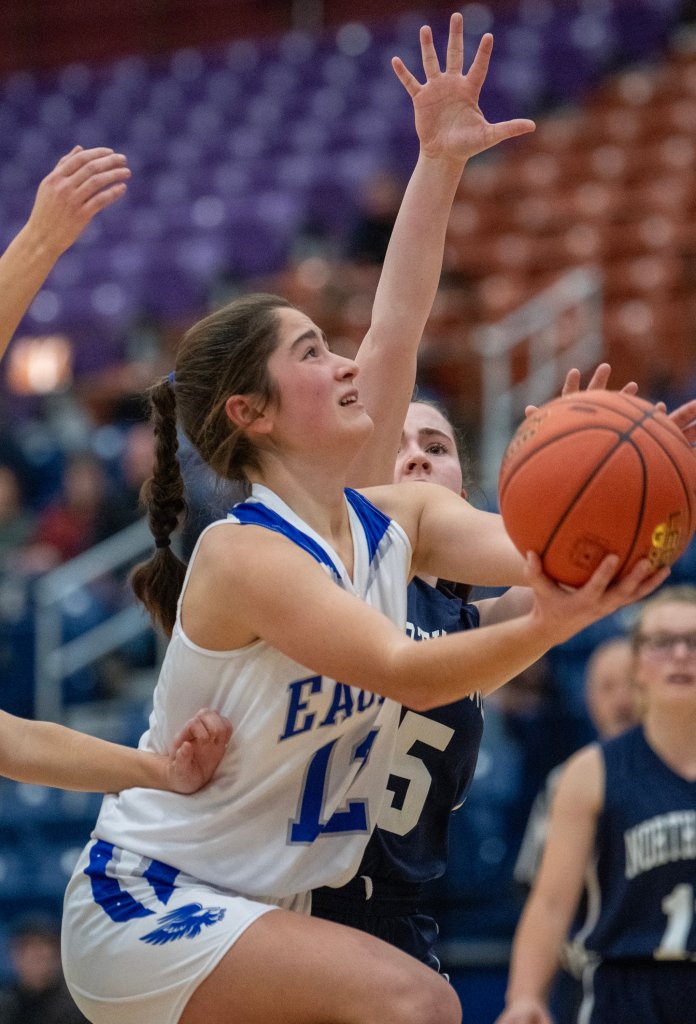
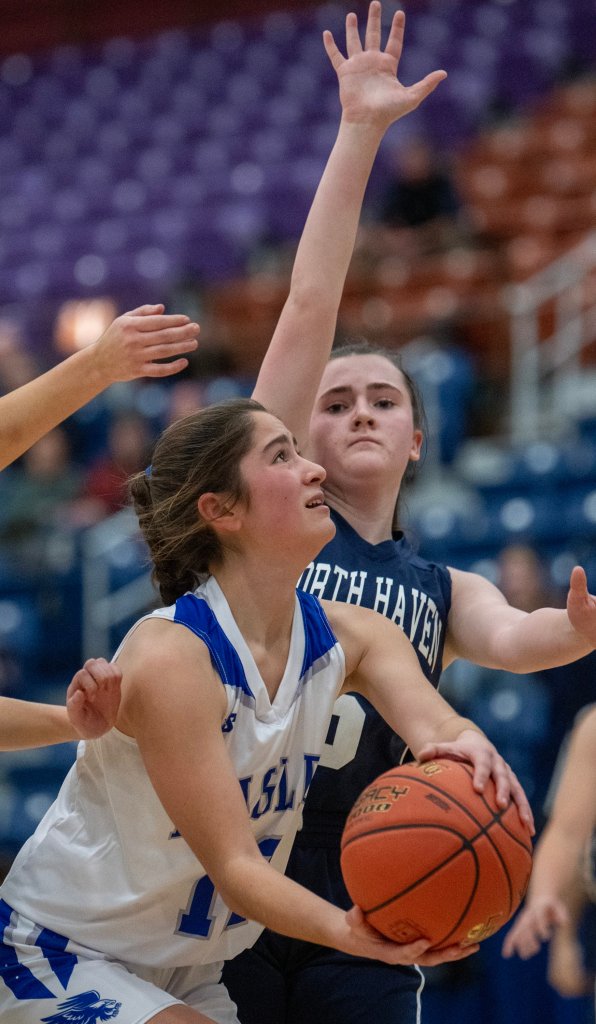
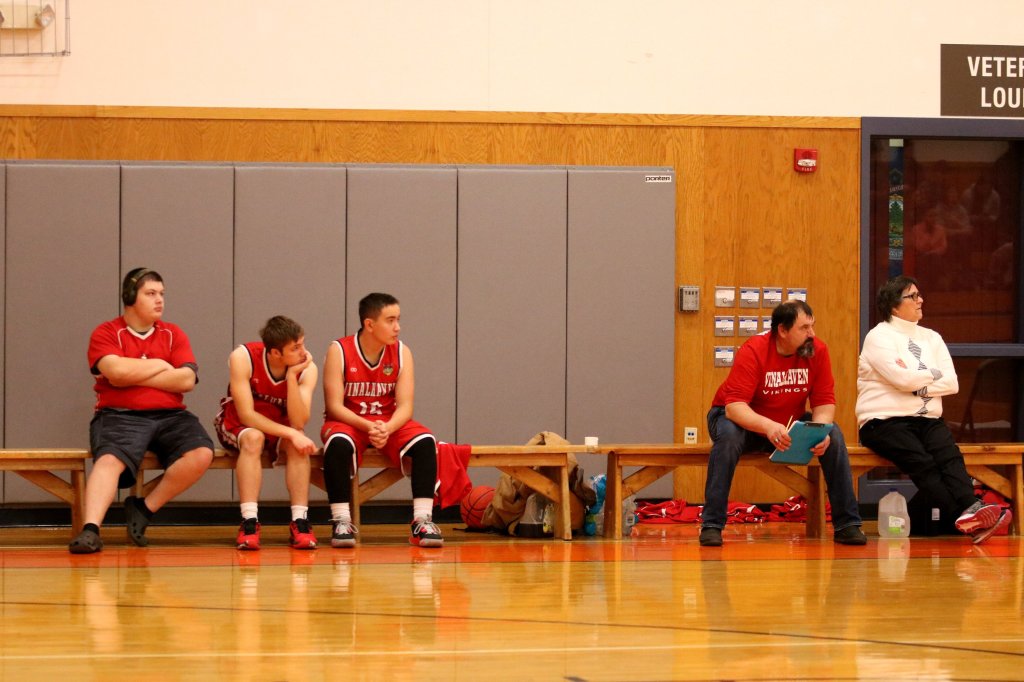
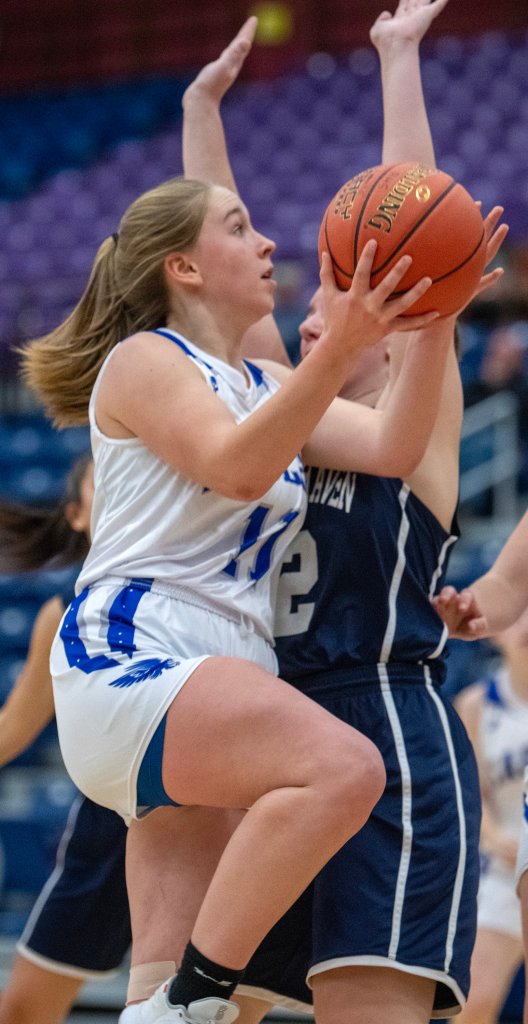
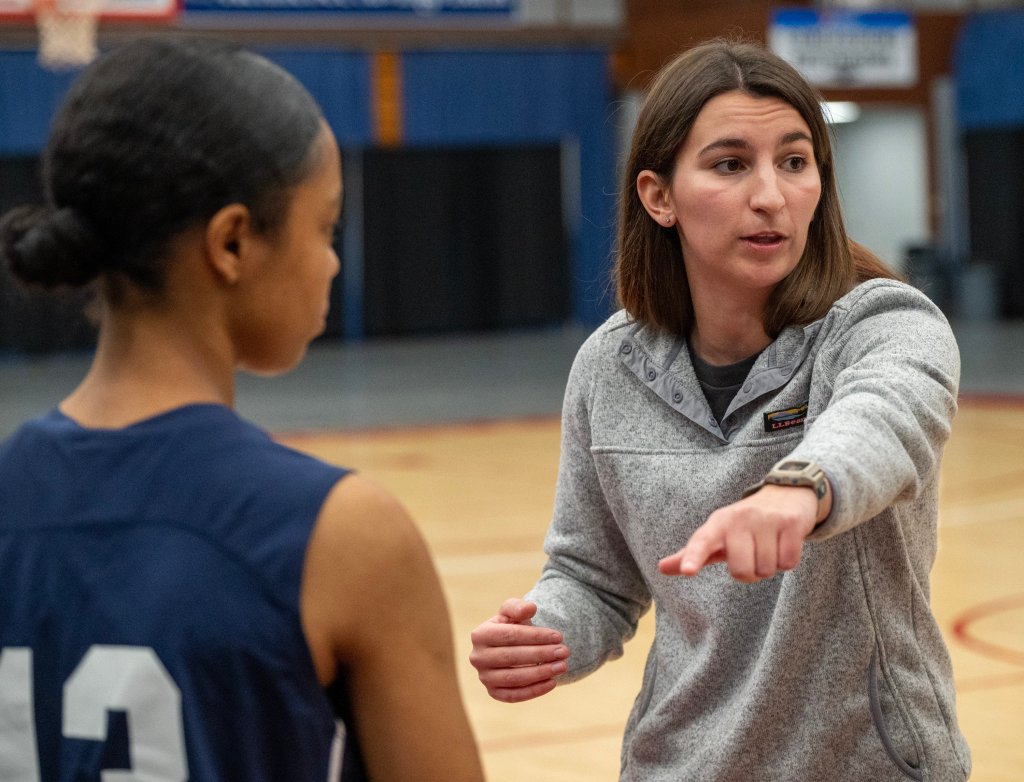
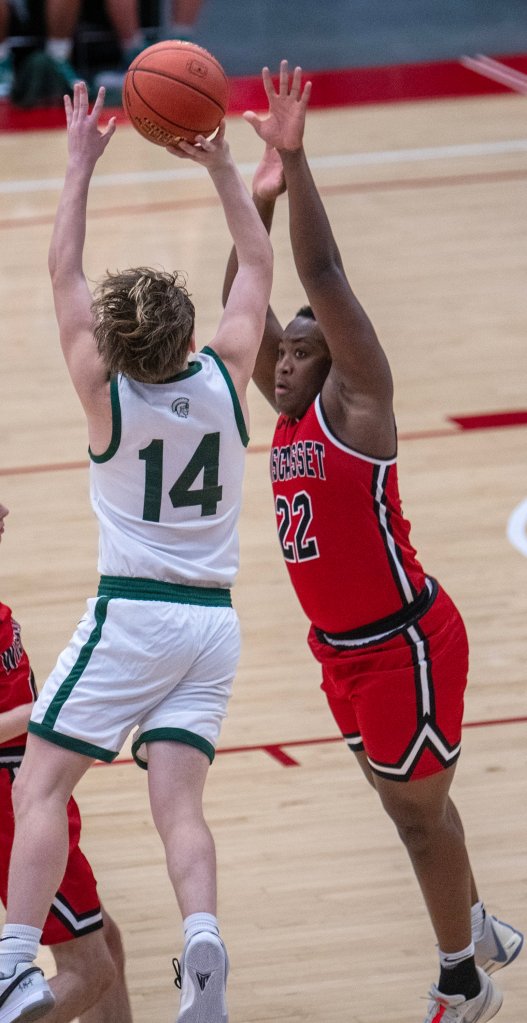
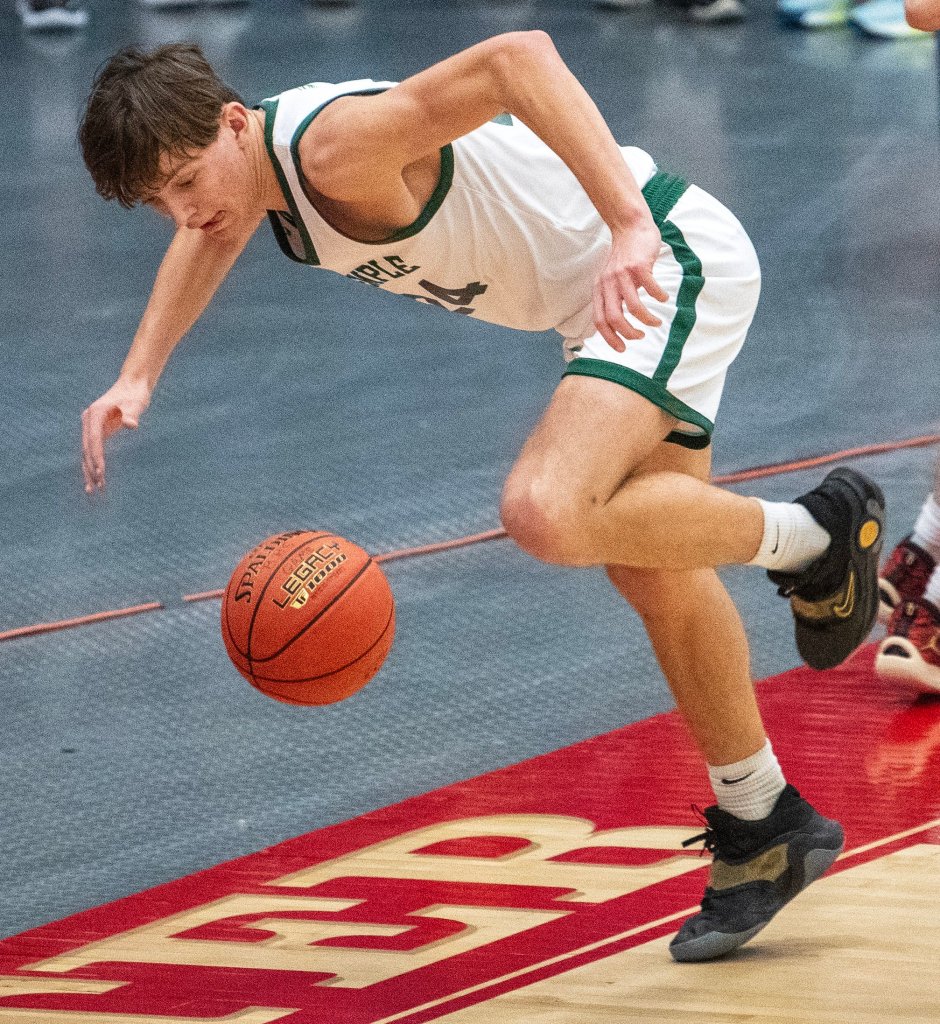
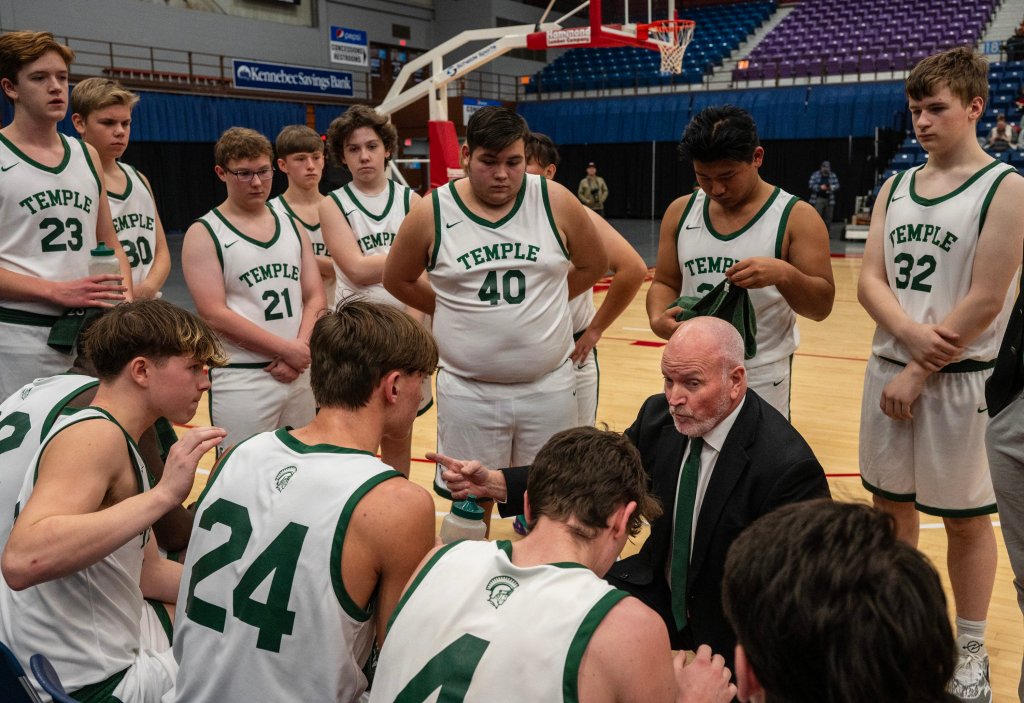
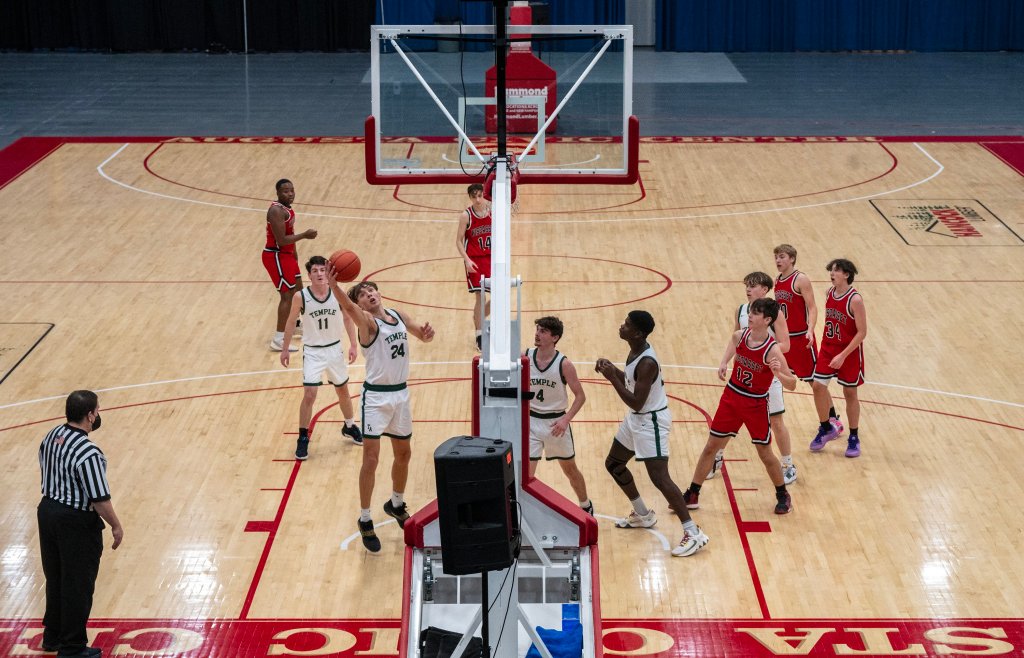
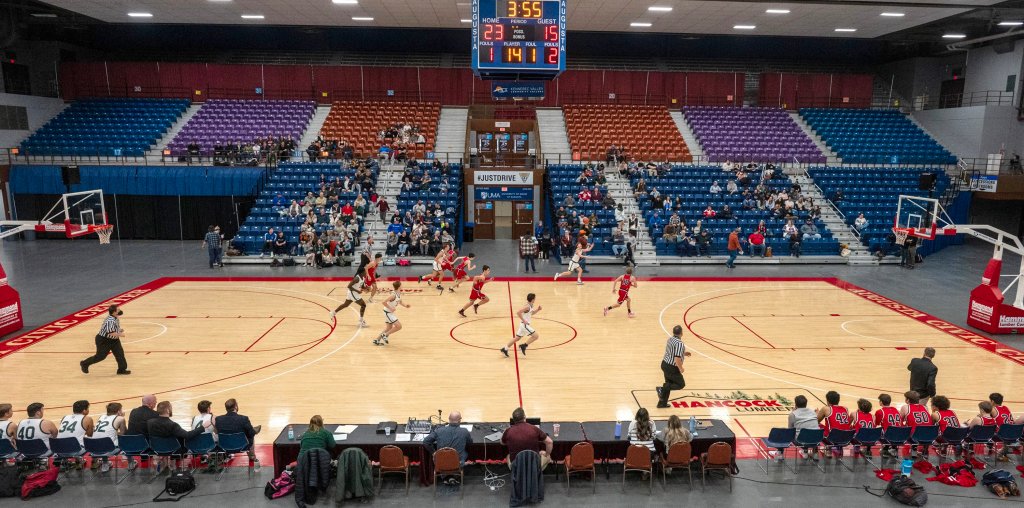
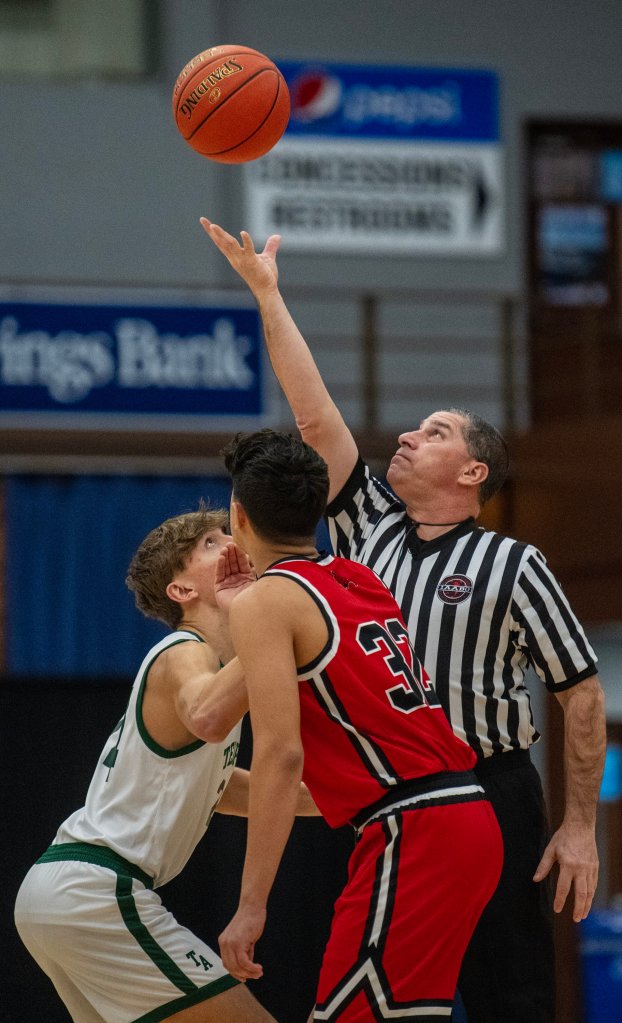
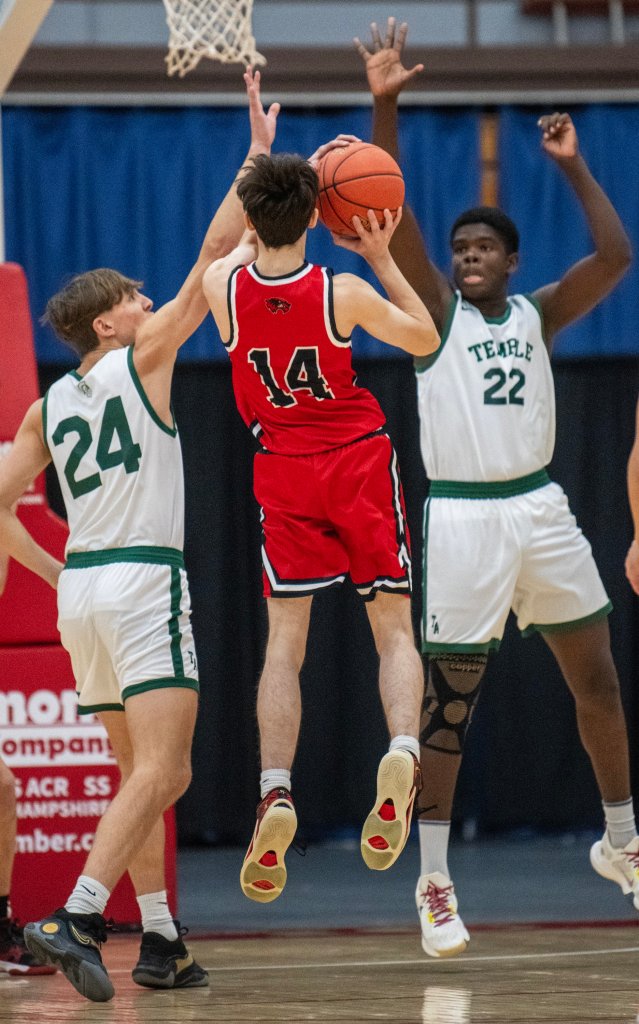
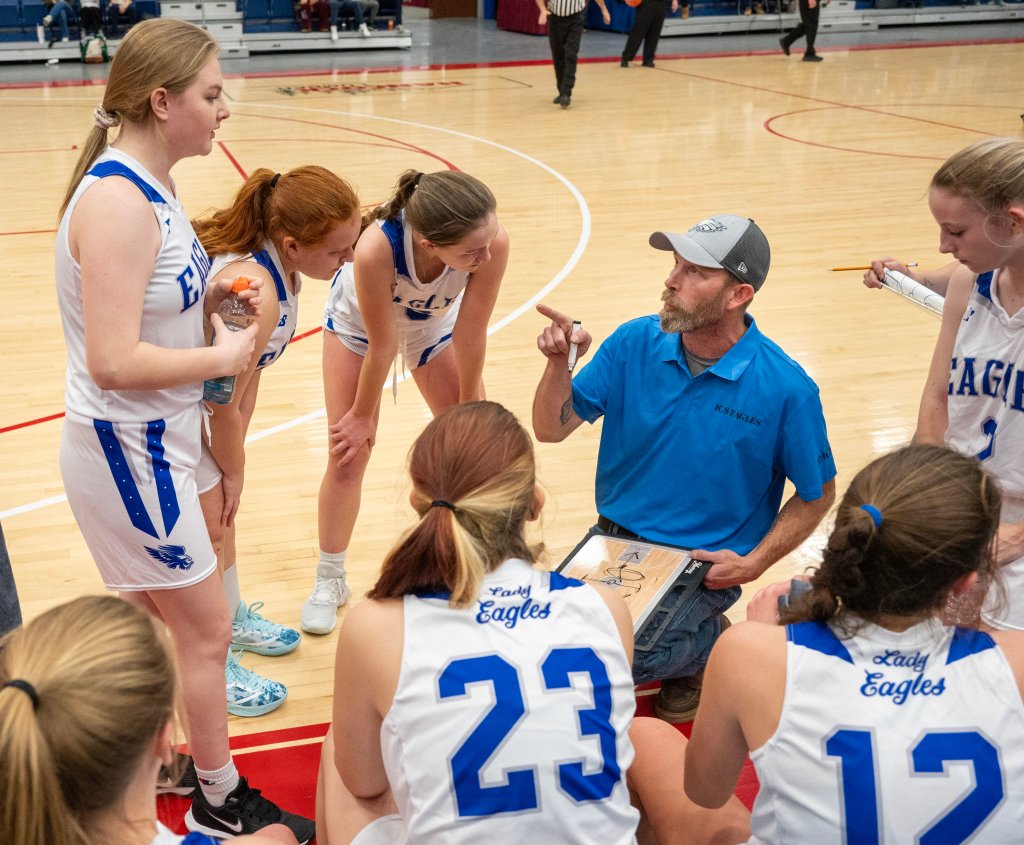
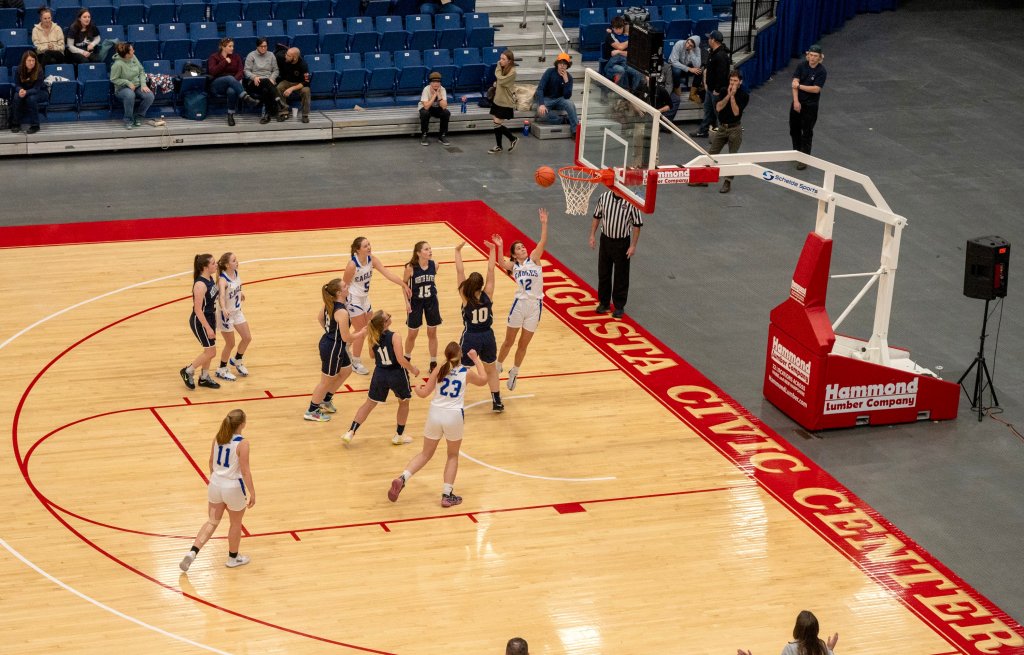
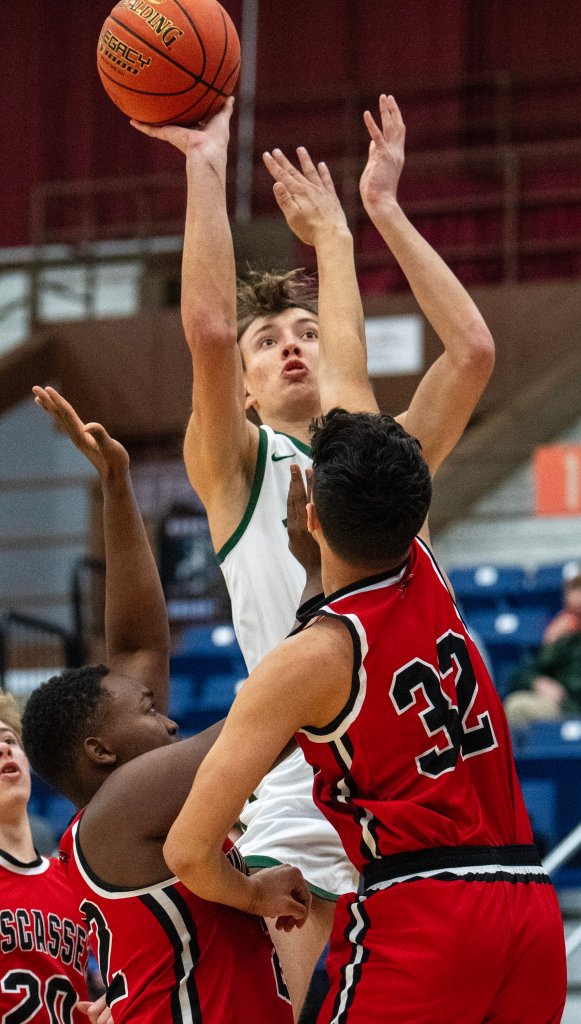
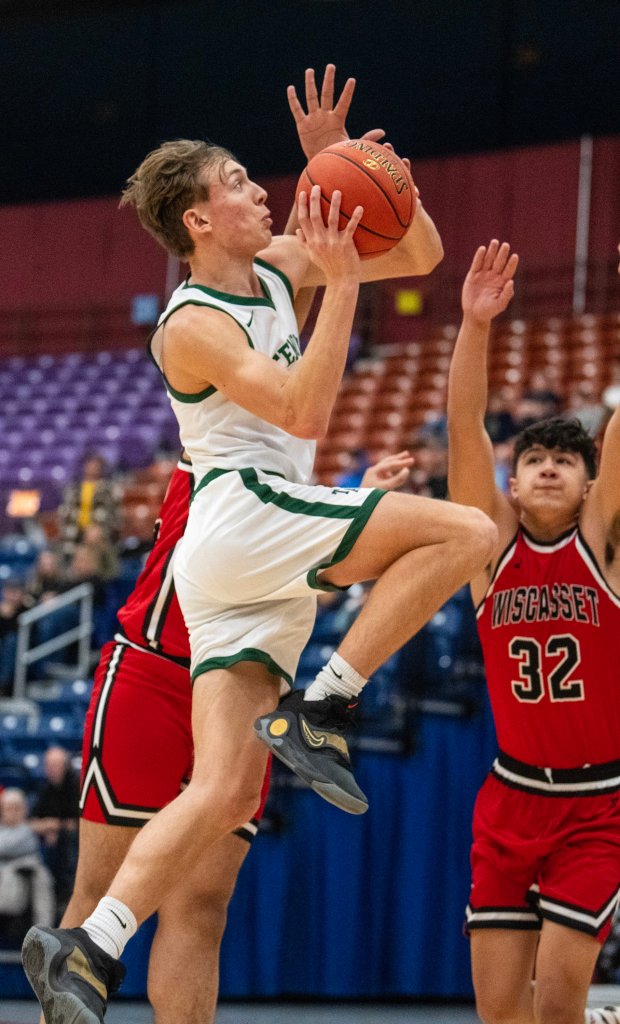
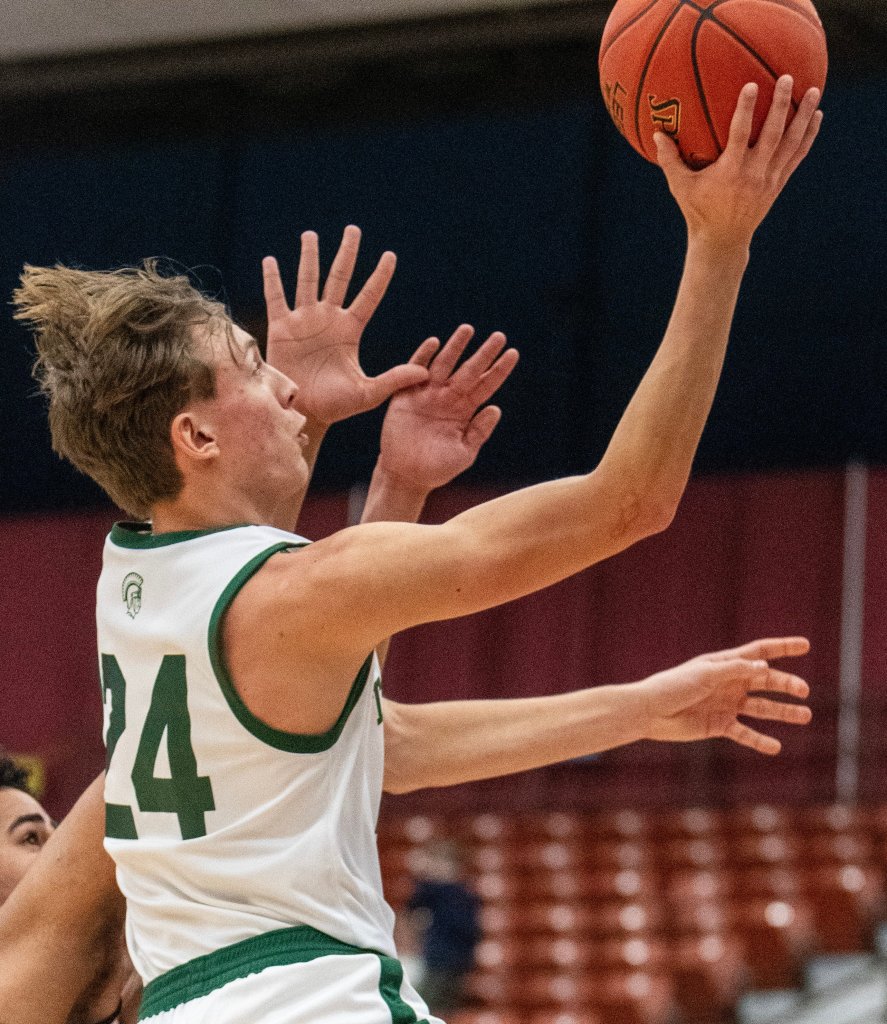
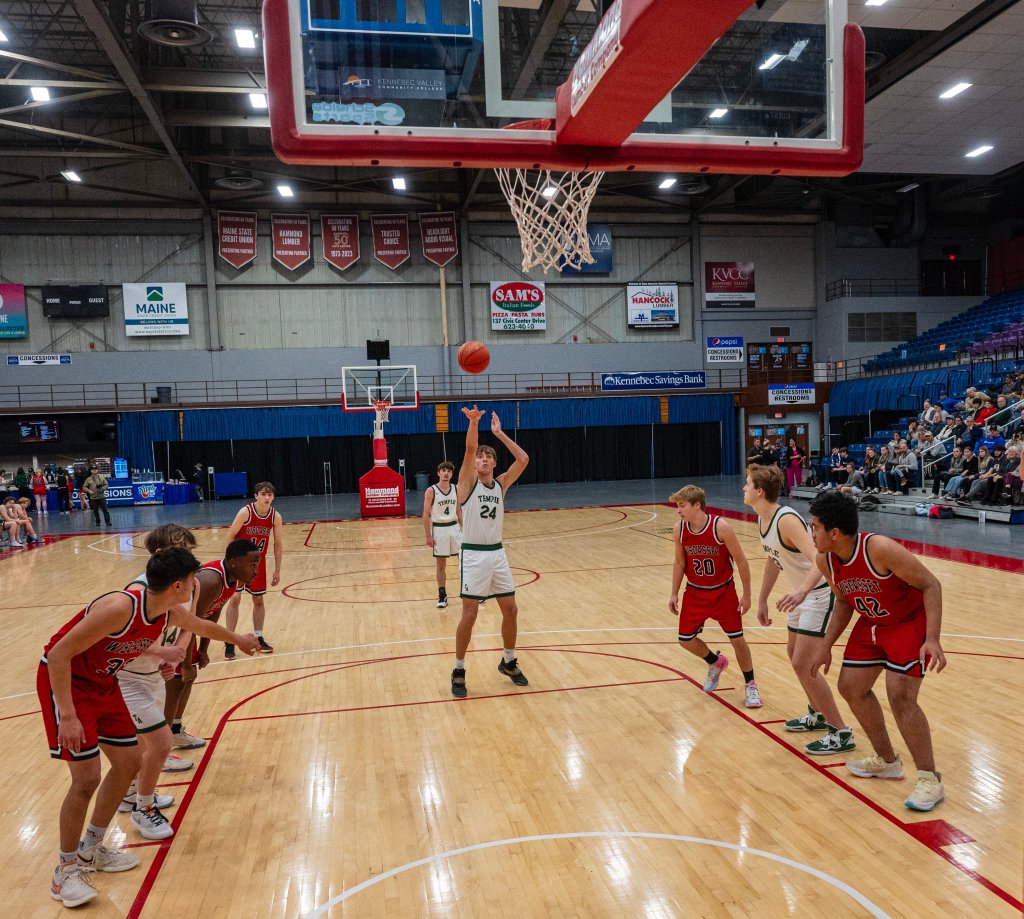
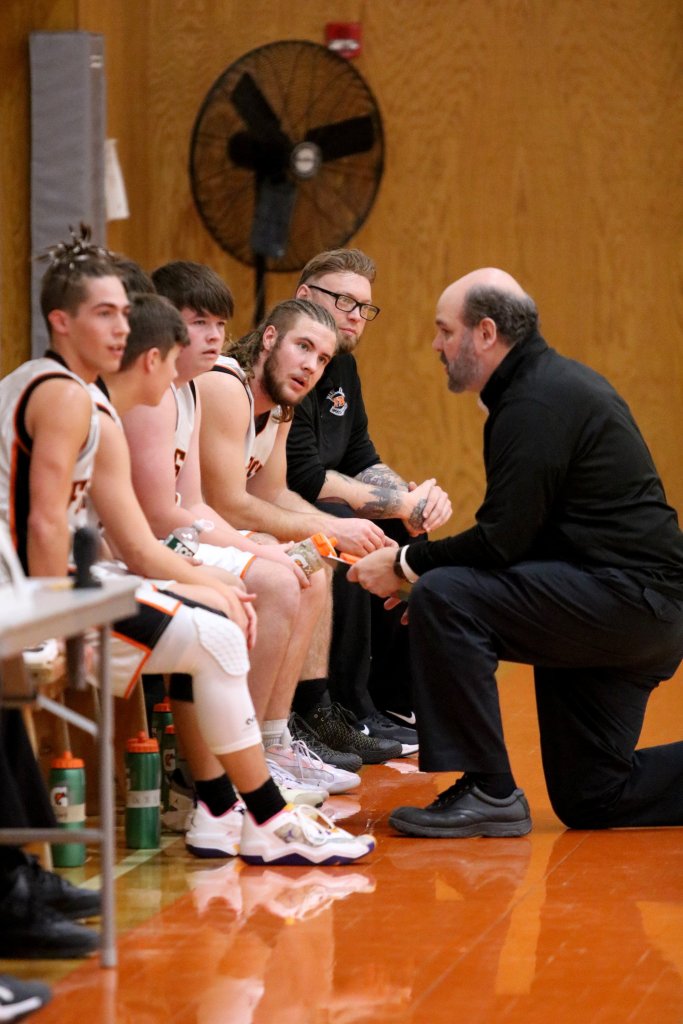
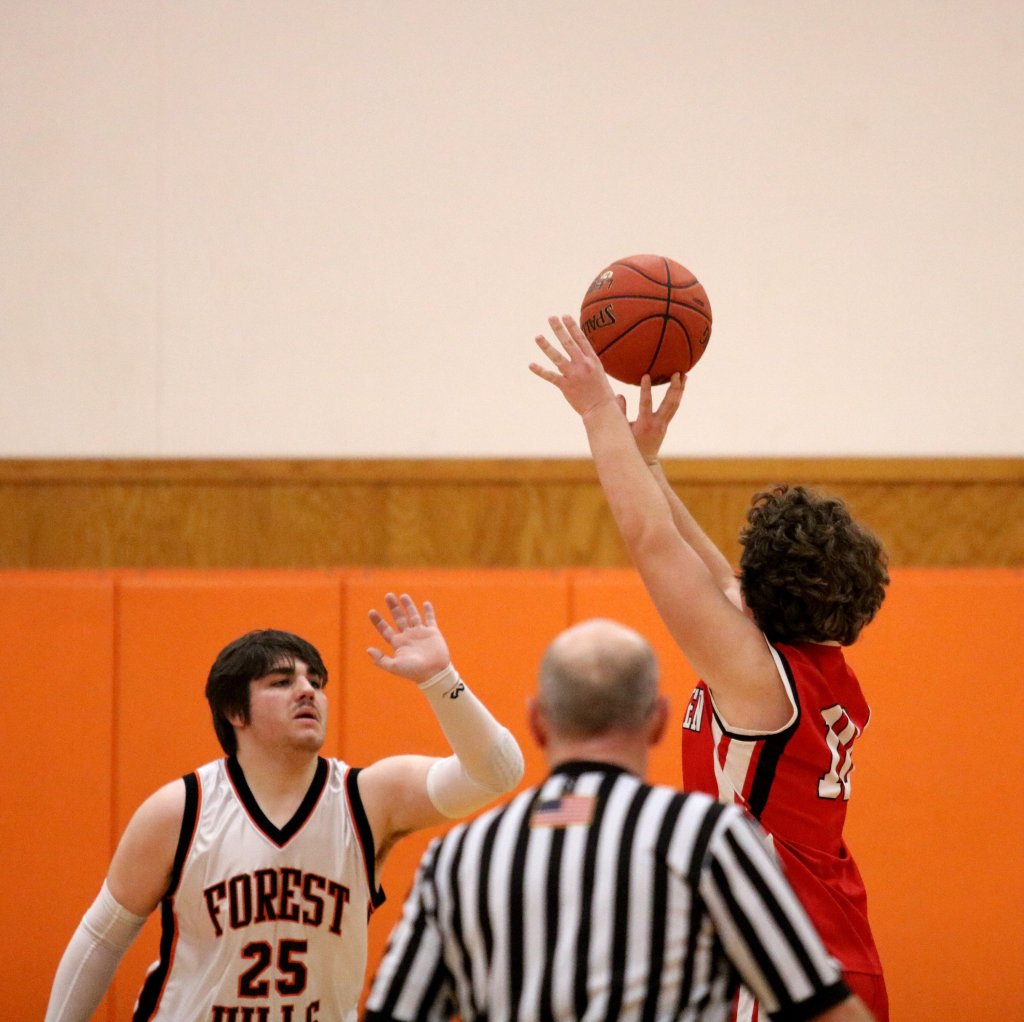
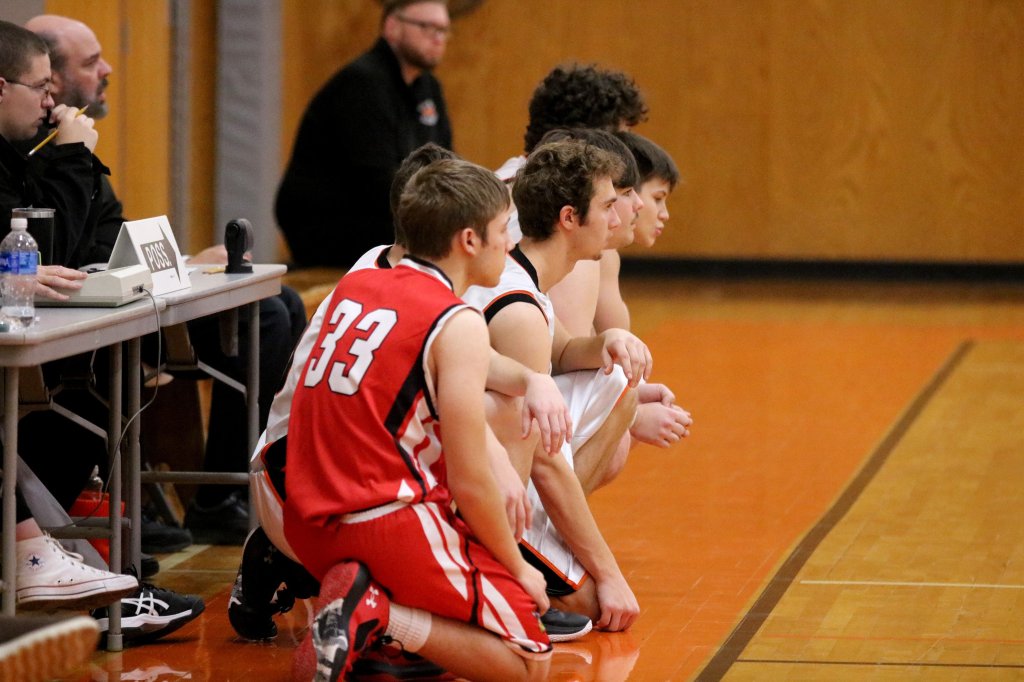
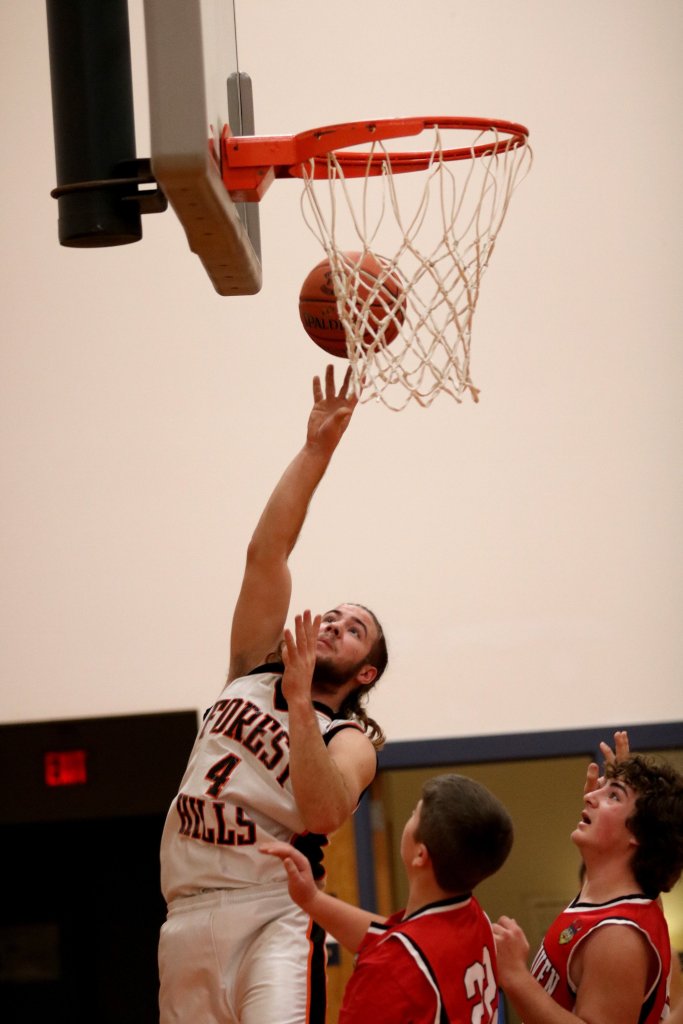
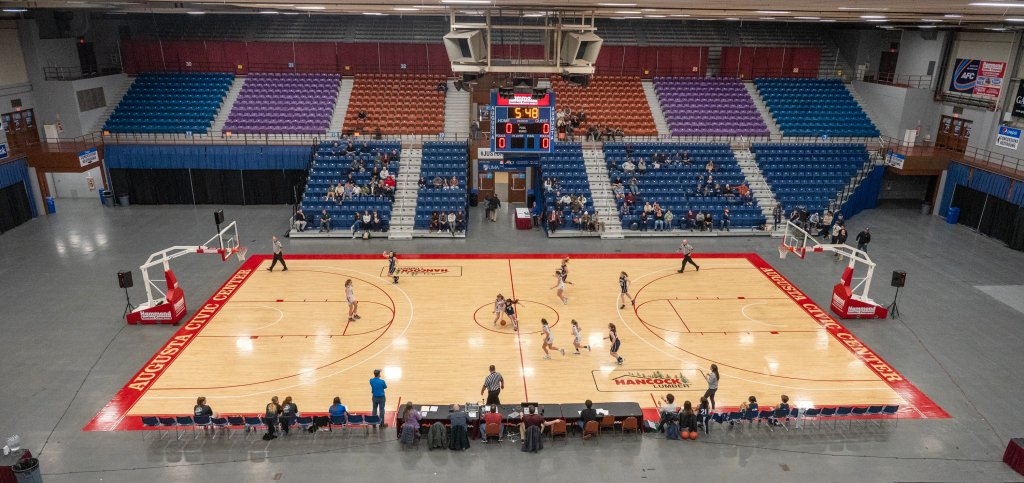
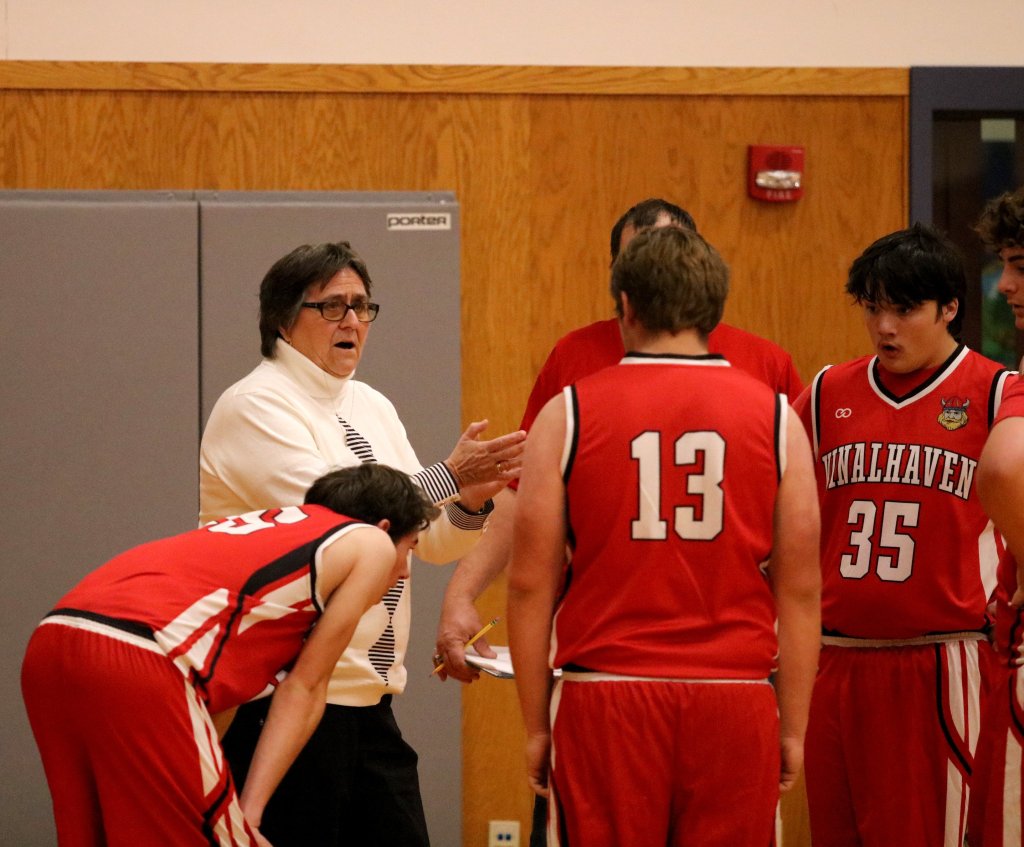
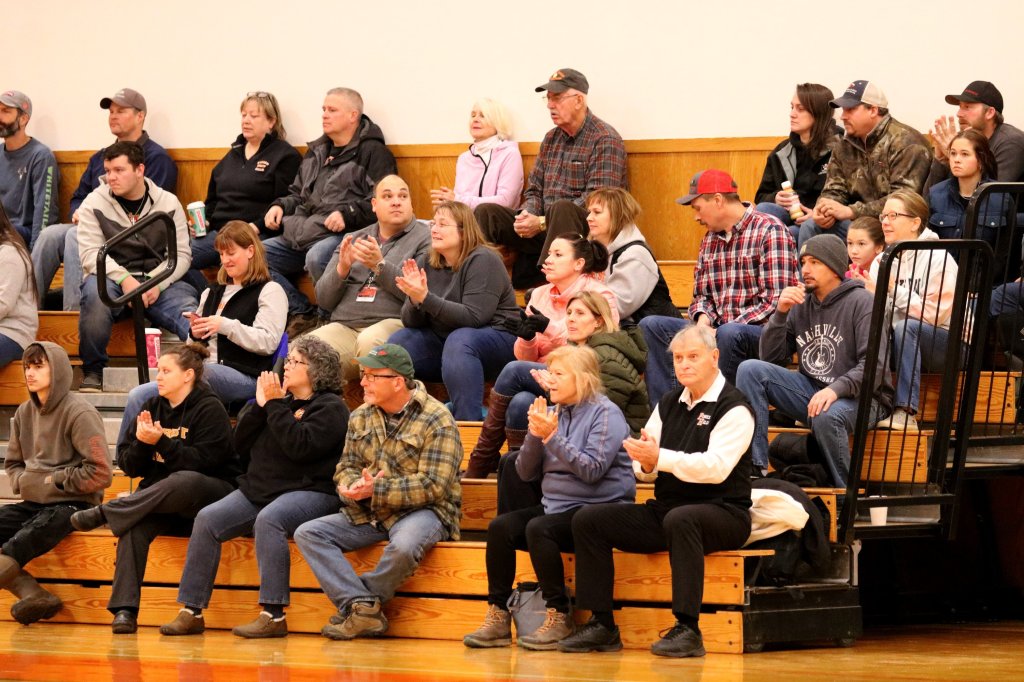
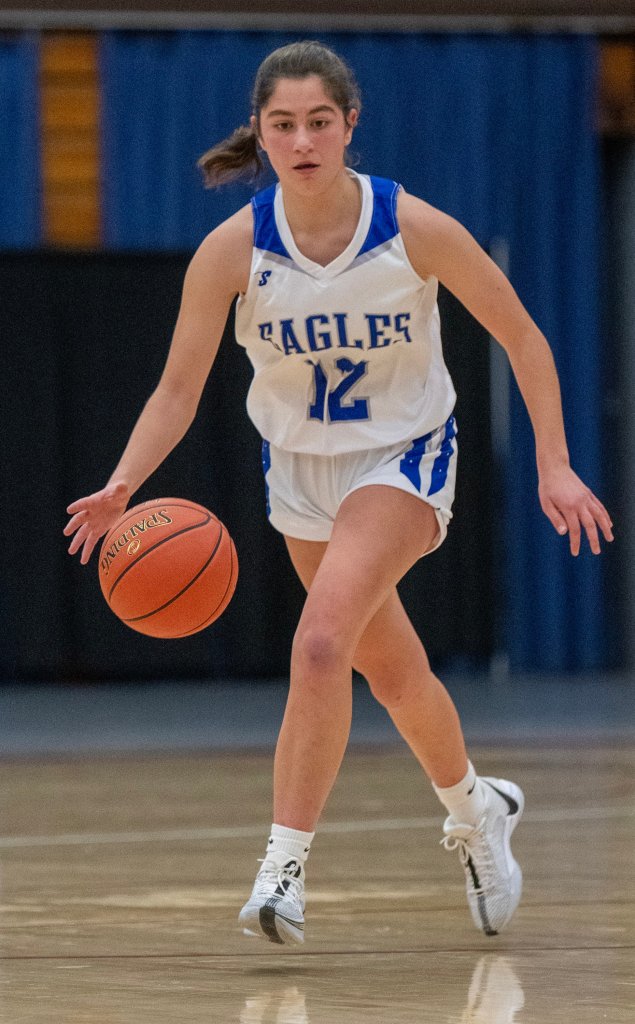
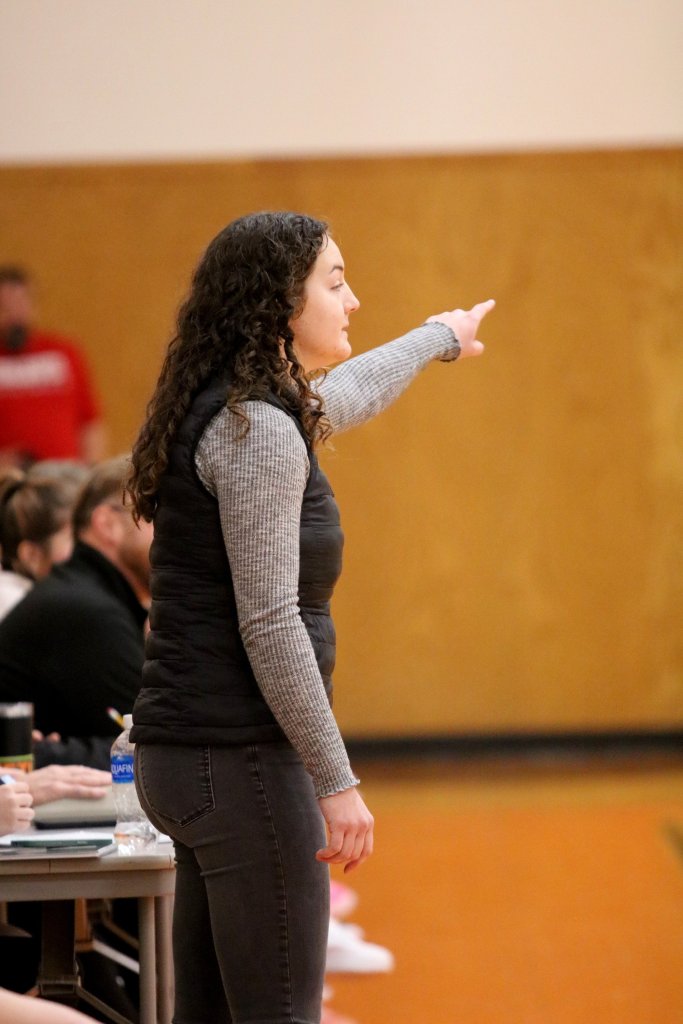
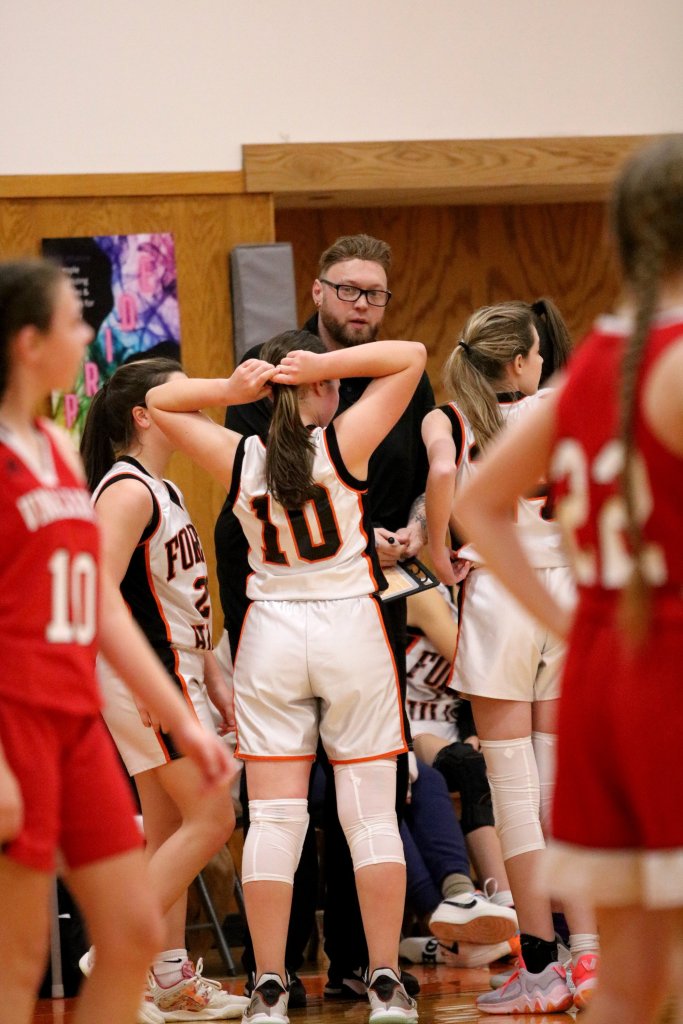
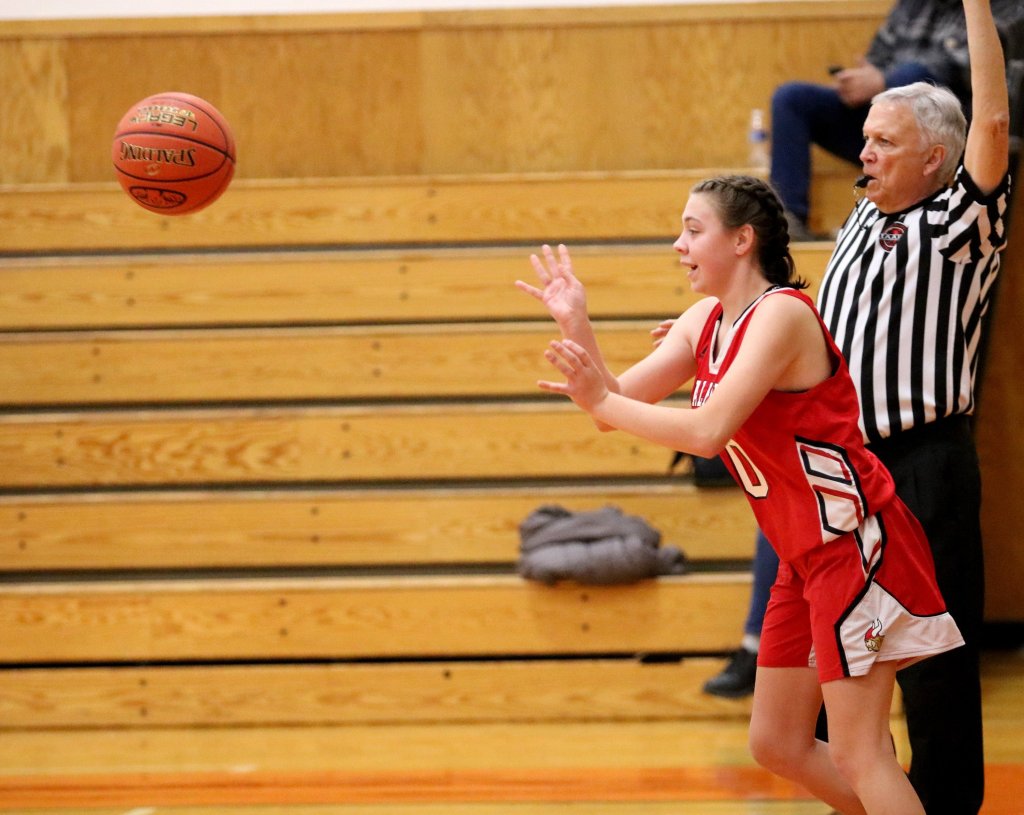
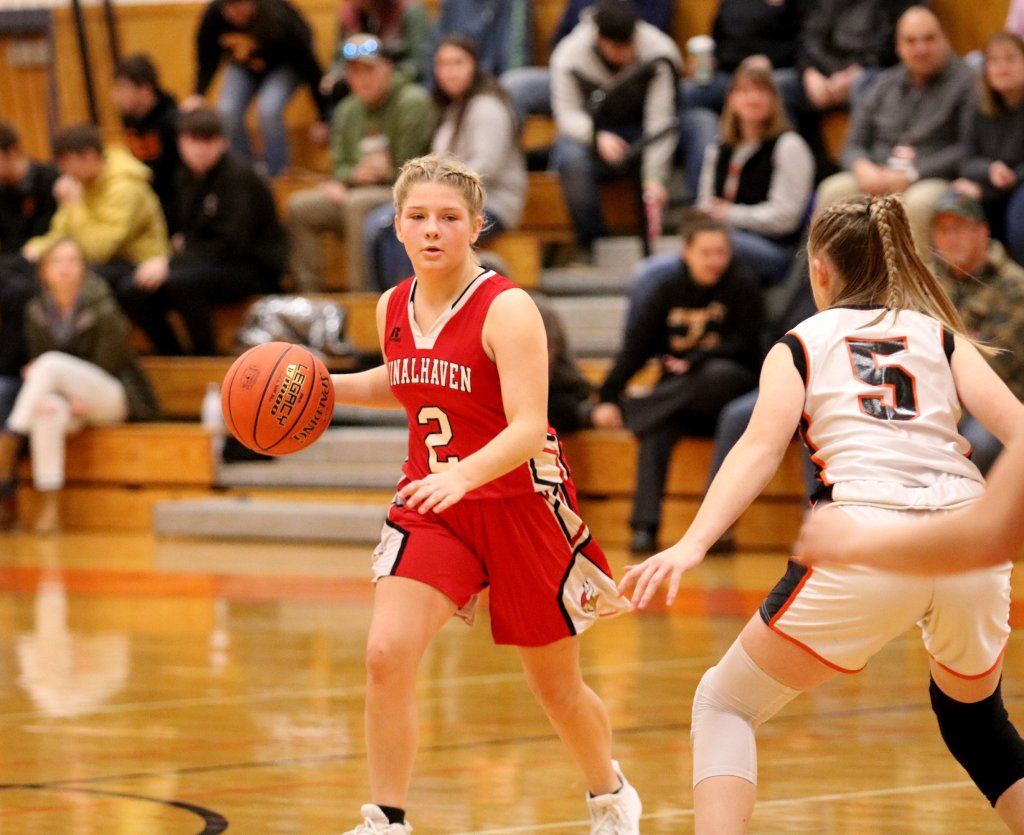


Success. Please wait for the page to reload. If the page does not reload within 5 seconds, please refresh the page.
Enter your email and password to access comments.
Hi, to comment on stories you must . This profile is in addition to your subscription and website login.
Already have a commenting profile? .
Invalid username/password.
Please check your email to confirm and complete your registration.
Only subscribers are eligible to post comments. Please subscribe or login first for digital access. Here’s why.
Use the form below to reset your password. When you've submitted your account email, we will send an email with a reset code.